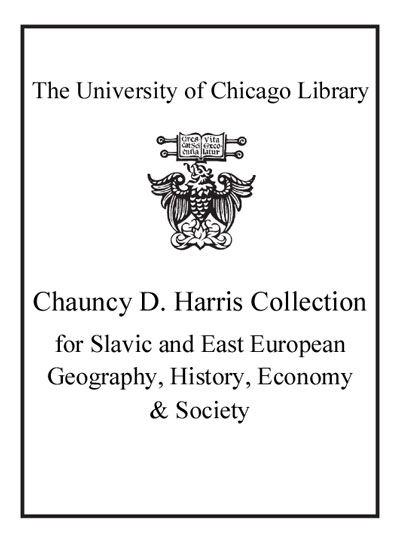Review by Booklist Review
*Starred Review* The young Czech novelist Platzova has been busy. Since 2003 she has published two collections of stories and three novels. Aaron's Leap, her second and the first to be translated, is assured, memorable, and deceptive. Aaron, a diffident Israeli cameraman, meets Milena, the granddaughter of Kristyna, while shooting footage in Prague for a documentary about Berta. A painter, teacher, and great soul famous for teaching art to children in the Terezin (also known as Theresienstadt) ghetto, Berta died in Auschwitz. We follow her, partly through diaries, from her youth in Vienna to Berlin, where she joins a sort of artists' commune modeled on the Bauhaus. While Berta is a paragon to Kristyna, this is a story less about war than trust and betrayal. It is a moving, humane tale of life lived in history's long shadow. This is part of its lesson: before the terrible, premature end of so many lives, those lives were truly lived, not in spite, or not only in spite, or despite privation. The ironies here are many and painful, almost overwhelmingly so. A question raised, whether Survival is a question of will and the organization of life's essentials, remains open, and wounding.--Autrey, Michael Copyright 2014 Booklist
From Booklist, Copyright (c) American Library Association. Used with permission.
Review by Publisher's Weekly Review
Czech author Platzova makes her English-language debut with a historical novel of prewar Weimar and the Bauhaus school, which also manages to be about the disparity between memory and history. Berta Altmann grows up in Vienna, a devoted diarist who records the end of the Austro-Hungarian Empire and the birth of the Austrian Communist Party. She goes with her occasional lover, Max, to Germany, where they study with Czerny, the famous architect, painting light and weaving abstraction as the shadows of the Nazi party gather around them. On the verge of a remarkable career, Berta is instead interred in a concentration camp, condemned by the company she keeps. Among those intimates is Kristyna Hladkova, a minor artist living in present-day Prague who recalls Berta for a documentary helmed by Aaron, a Czech Jew from Israel. But the premiere of Berta Altmann: Artist and Teacher will have unintended consequences for all involved, as Kristyna's secrets begin to fill in the blanks in Berta's diary, revealing the emotional truths that the camera overlooks. Platzova's prose is as sharp and effective as the angles of an expressionist monument. Still, many of the framing characters and subplots, especially a distracting flirtation between Aaron and Kristyna's granddaughter, Milena, are given too little room to connect and feel like clutter in this otherwise powerfully elegiac novel. (Feb.) (c) Copyright PWxyz, LLC. All rights reserved.
(c) Copyright PWxyz, LLC. All rights reserved
Review by Kirkus Book Review
A Czech novel about art, death and sex set against the backdrop of the Holocaust and never-ending war. The framing of the author's first novel to be translated into English initially appears to be unnecessarily complicated. The main narrative thread concerns the life and death of Berta Altmann, an underrecognized artist, inspirational teacher and Communist who died at Auschwitz. Her story has inspired a documentary film project, which begins the novel with a visit to the 88-year-old Kristna, a better-known artist who learned from Berta and has her diaries, whose cooperation is reluctant at best. "[D]ead Jews are good business," she reflects cynically of the project. Because of Kristna's reluctance to consent to more than a terse interview, the filmmakers enlist her granddaughter, Milena, to help on the project. There's an immediate attraction between the beautiful Milena and the cameraman, the Aaron of the title. And then we get to Berta's story, which dominates the middle of the novel and which shows her coming-of-age through phases similar to those Kristna would subsequently experience and Milena will. Further complicating the novel are the infidelities that will connect them all. There are all sorts of grand pronouncements: "Art is a path toward the light, to the emancipation of man; this is something I believe in, something for which I'm willing to sacrifice everything." And dialogue: "Unhappiness is like an illness. No one can cure me of fate." But when Kristna belatedly ruminates that "[e]verything is pulling me downward and backward," the novel's structure seems less arbitrary than it did at the outset. The revelations redeem some of the stilted writing and the characters' senses of self-importance, as the reader comes to connect with and care for these characters as more than mouthpieces for history.]] Copyright Kirkus Reviews, used with permission.
Copyright (c) Kirkus Reviews, used with permission.
Review by Booklist Review
Review by Publisher's Weekly Review
Review by Kirkus Book Review

